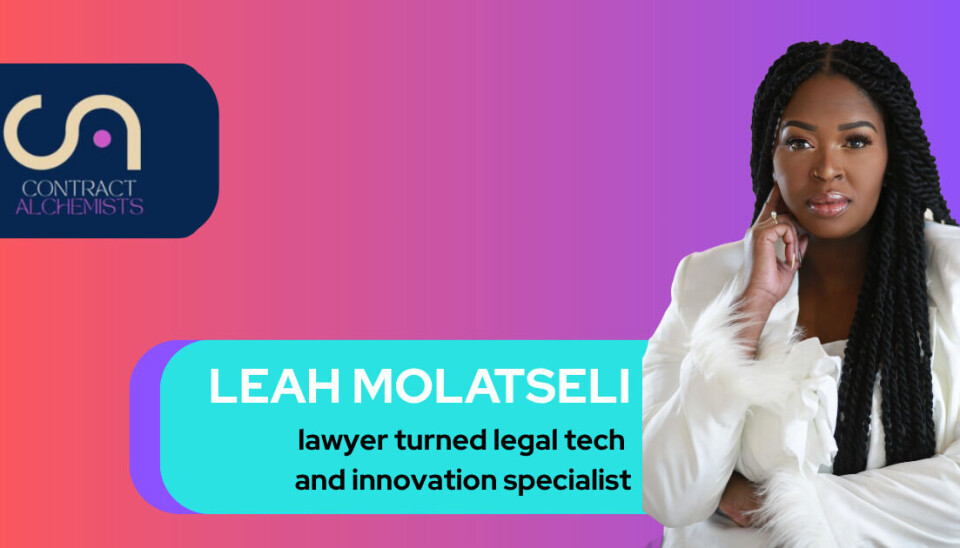Copyright : Re-publication of this article is authorised only in the following circumstances; the writer and Africa Legal are both recognised as the author and the website address www.africa-legal.com and original article link are back linked. Re-publication without both must be preauthorised by contacting editor@africa-legal.com
For Good: leveraging AI in a fast-changing world

Recent reports show workplace adoption of Gen AI tools has almost doubled in the past year. Legal tech and Innovation expert Leah Molatseli discusses how African lawyers can leverage benefits and avoid pitfalls as AI transforms business practice locally and globally
While the law often lags behind innovation and the legal profession historically hasn’t been an ‘early adopter’ of cutting-edge technology, lawyers are in fact most ideally placed to leverage the benefits of AI-powered tools, says Leah Molatseli.
“In essence Open AI tools like ChatGPT are about being able to communicate with AI in a way that you’re able to get the type of answers you want,” says Molatseli, who was a South African attorney before becoming a project lead, course facilitator, and author on legaltech, AI, and digital transformation of the legal industry.
“For us it should be easier than other professions, because as lawyers fundamentally we have the context, the ethical background, and we’re trained to pry answers out of people. We do that every day, and in essence that is what prompt engineering is.”
The world is changing rapidly for lawyers and clients. Last month, Thomson Reuters published a new report, 2025 Generative AI in Professional Services, which shows GenAI is rapidly moving from hype to everyday tool in the business and legal worlds.
That report found more than 40% of professionals in legal, tax, accounting and audit, corporate risk and fraud, and government industries use GenAI in some fashion; many use ChatGPT or other free tools for limited tasks, but increasingly they also use paid tools for business, or industry-specific AI technologies. Two thirds felt GenAI was either already integrated into work-flows, or would be within 1-2 years.
“I don’t think we’ll ever move forward as a profession if lawyers are not upskilling from a technological perspective,” says Molatseli, who helps legal teams and law firms embrace AI, automation, and digital transformation – optimising their operations, improving efficiency, staying competitive in a fast-evolving world.
While AI can streamline some ‘grunt work’ previously done by junior lawyers or candidate attorneys, and is shifting where lawyers now add greater value for clients, it’s vital that human oversight remains a key part of its use, says Molatseli.
Lawyers in Africa and abroad should not be relying on AI output, without verification
“We’ve all heard stories of AI tools ‘hallucinating’ facts or misquoting cases, and in Africa we are not immune” says Molatseli, noting the recent High Court of South Africa decision in Mavundla v MEC which stated that reliance on AI technologies when doing legal research was “irresponsible and downright unprofessional”.
It’s vital that lawyers learn how to use AI-powered tools properly, harnessing their benefits while avoiding their pitfalls, says Molatseli, co-hosts a Legal Tech Bootcamp on 29 May with Baker McKenzie, in person in Johannesburg and online, for in-house counsel and legal operations professionals from several African nations.
Molatseli believes legal tech and AI can be gamechangers for democratising access justice, but lawyers and firms must learn how to best use such tools.
“A harmless mistake in a casual ChatGPT query can translate into a career-ending error in a brief or contract,” she says. “You can’t treat AI as the be-all or end-all, you need to treat it like a candidate attorney, where you’re training it and supervising it. If you’re going to use AI tools, there’s an inherent ethical responsibility on you as a lawyer to actually verify and ensure accuracy. That’s where learning skills come in.”
